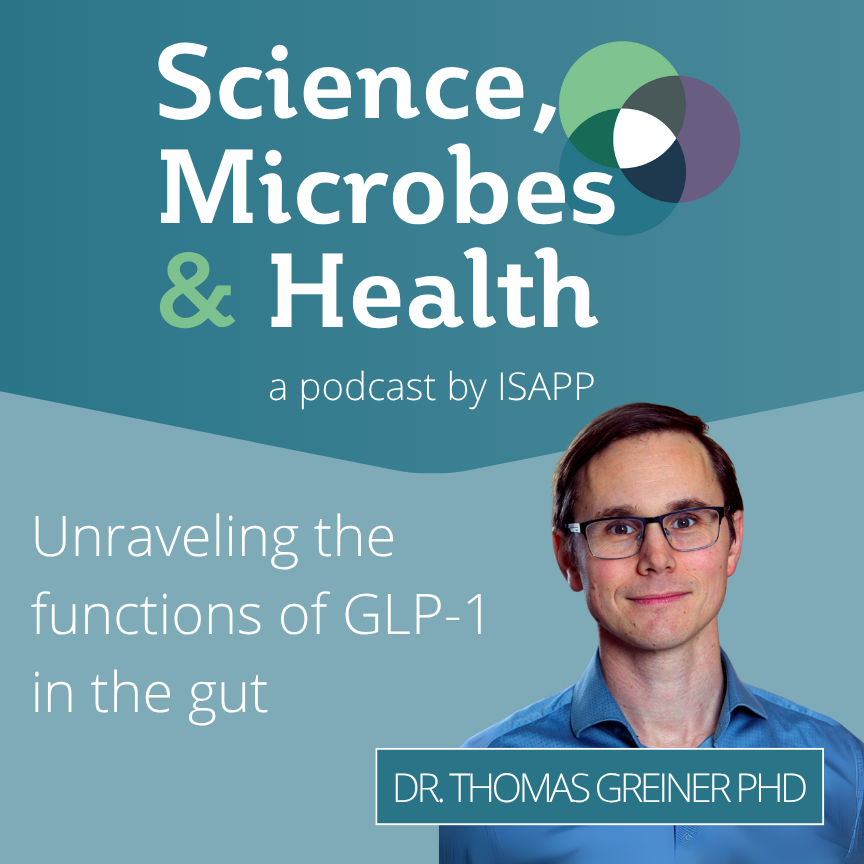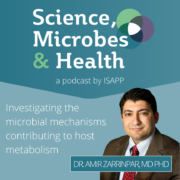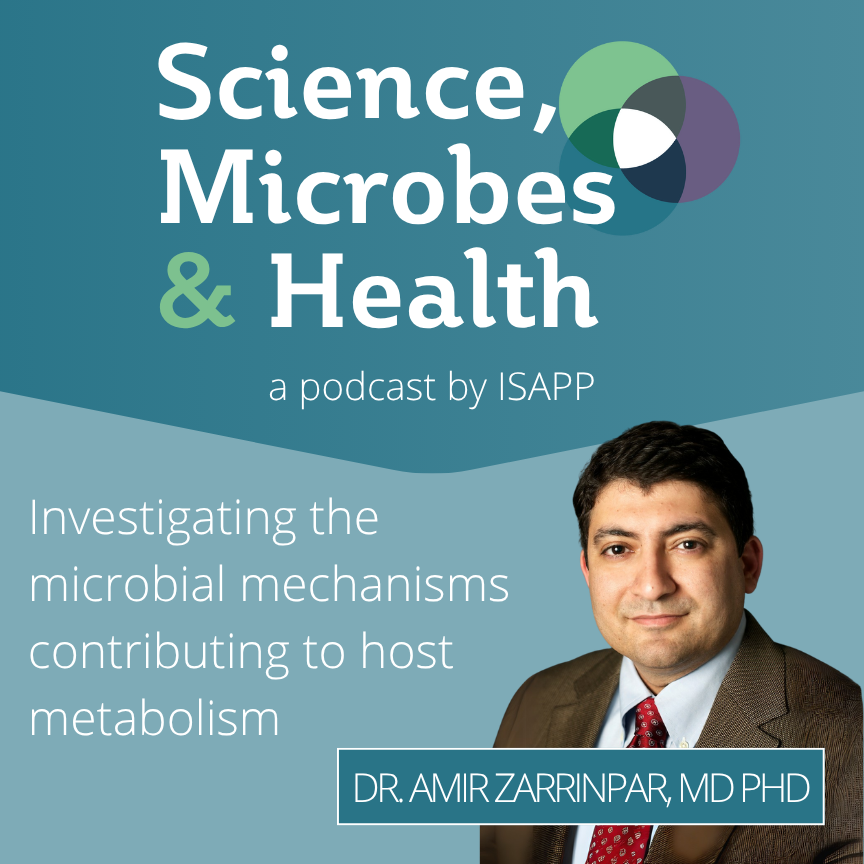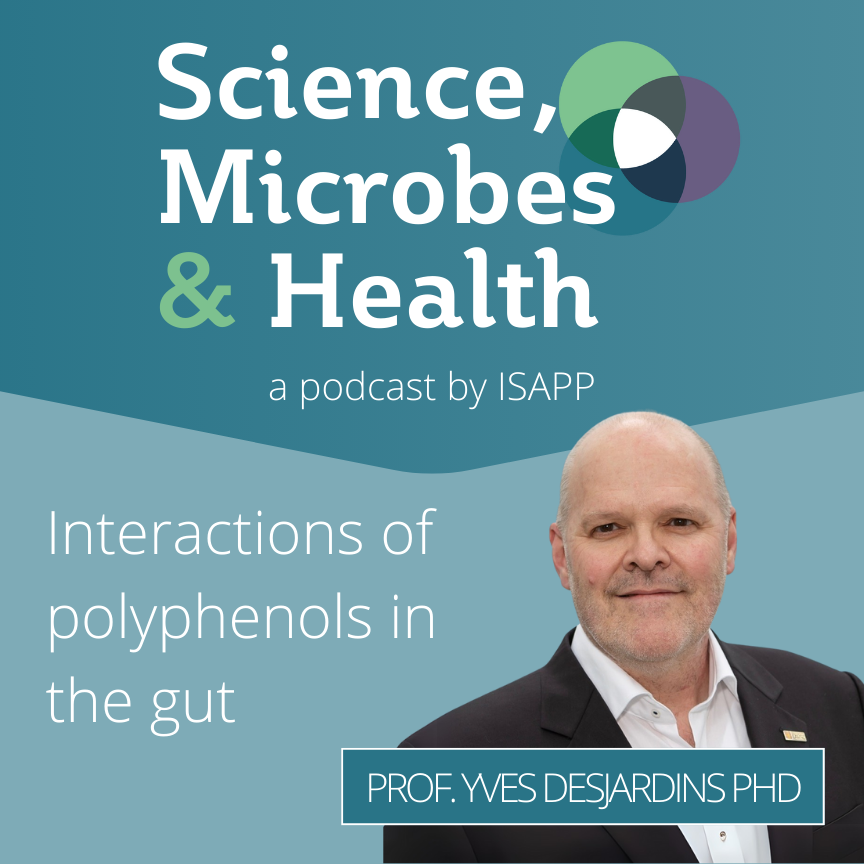Unraveling the functions of GLP-1 in the gut, with Dr. Thomas Greiner PhD
Podcast: Play in new window | Download
Subscribe: Apple Podcasts | Spotify | RSS
This episode features Dr. Thomas Greiner PhD from the University of Gothenburg (Sweden), speaking about the various functions of GLP-1 in the gut, and the role of gut microbes in GLP-1 production, with ultimate effects on host health. He noted that GLP-1 is produced by enteroendocrine cells called L-cells, both in the small intestine and the colon. These cells respond to nutrients and microbially-produced short-chain fatty acids, but responses differ between the small intestine and colon, leading Dr. Greiner to investigate the different functions of GLP-1 at these two sites. Using germ-free mice and other models, Dr. Greiner has developed a hypothesis that the function of GLP-1 in the small intestine is to improve insulin secretion postprandially, whereas the functions of GLP-1 in the colon are to allow for increased energy intake (in a situation of energy deficiency), dampen inflammation, and protect local tissues. He and his colleagues are taking two different approaches in aiming to improve metabolic health in humans: finding inhibitors of bacterial enzymes to decrease production of a harmful molecule produced by bacteria; and a probiotic approach of administering butyrate-producing bacteria. With the latter approach, the sensitivity of the bacteria to oxygen is a problem to overcome, but their group has evolved a bacterial strain to tolerate some oxygen, with the idea of testing it as a probiotic.
Episode abbreviations and links:
- Paper exploring the role of the gut microbiota in GLP-1 signaling: GLP-1R signaling modulates colonic energy metabolism, goblet cell number and survival in the absence of gut microbiota
- Study on the functions of GLP-1 in the colon: Microbial Modulation of Energy Availability in the Colon Regulates Intestinal Transit
- Bäckhed Lab Instagram account: @backhed_lab
About Dr. Thomas Greiner PhD:
Thomas Greiner is a medical scientist at the Wallenberg Laboratory, University of Gothenburg, with over 15 years of experience in functional genetics and metabolic research. His work focuses on the intricate interplay between gut microbiota, intestinal hormones such as GLP-1, and host metabolism. He has explored how microbial and hormonal signals influence energy balance, intestinal function, and the development of metabolic diseases. His research primarily uses molecular approaches in mouse models to investigate the role of microbial signals in metabolic disease and to uncover new functions of gut hormones in regulating intestinal physiology.
Sign up for our monthly newsletter
Follow us on LinkedIn, Bluesky, X, Facebook,






















































